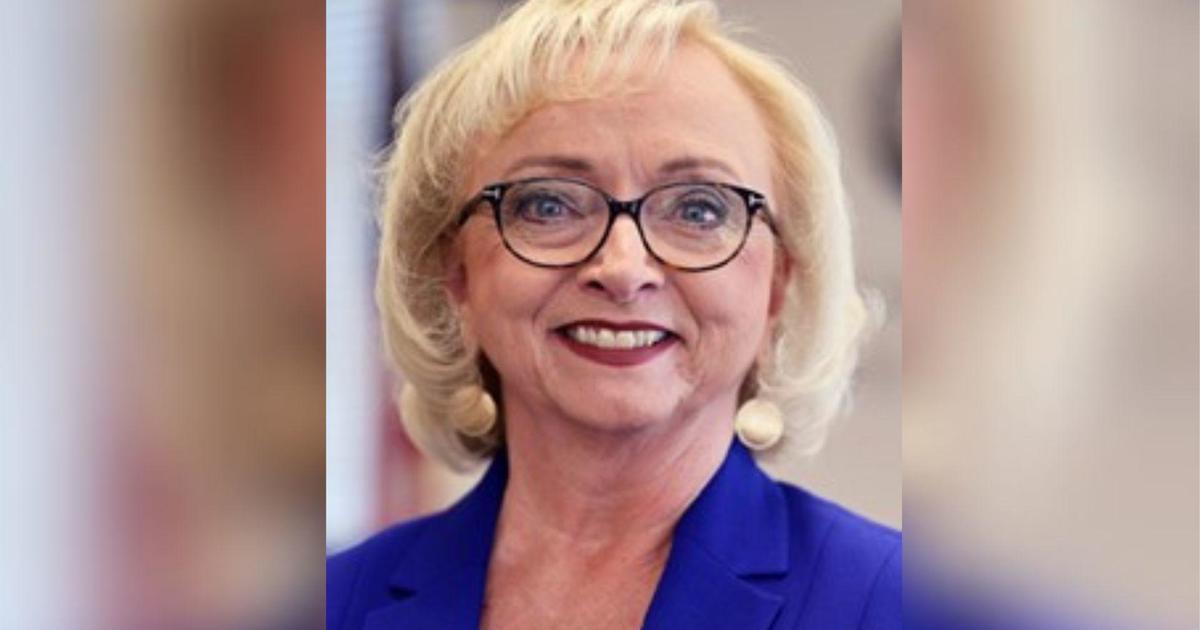MedChi Leader Ponders The Future Of Health Care
ALISSA GULIN
The Daily Record
BALTIMORE (AP) -- For a guy who spends most of his time contemplating the big-picture issues facing the medical community, Dr. Tyler Cymet is remarkably sensitive to the little things.
He knows, for instance, that the drive from his Pikesville home to Sinai Hospital, where he worked for 16 years, took exactly seven minutes -- nine with traffic.
He notices when patients slouch, when they grimace while shifting their body weight, when they struggle to get on the exam table. To osteopathic physicians like Cymet, those behaviors tell an important story.
After all, it's the little things that add up to the big picture.
That attitude will likely be Cymet's guiding philosophy as he takes over as the new president of MedChi, Maryland's medical society -- the first osteopathic physician elected to that job in MedChi's 215-year history.
Like other physicians, doctors of osteopathic medicine must complete medical school and become licensed. They can prescribe medications, perform surgery and practice in the same specialties. But D.O.s are also trained in natural techniques for relieving pain and healing disease, with the goal of helping the body function more efficiently on its own.
Cymet, 51, has already begun ambitious projects that allow him to indulge in the critical-thinking exercises he loves, while -- hopefully, he says -- influencing the medical profession in tangible ways.
He convened the Blue Ribbon Commission: The Physician Role in Future Healthcare Systems to explore far-reaching, complex questions about the future of medicine and the role of physicians in the health care system. It's about as big-picture as you can get.
"We're envisioning what medical care is going to look like in the future," Cymet said. "Who's going to be in charge? Where does business fit in? Where do physicians, as professionals, fit in? Is their role to maintain and promote health, or to get rid of disease?"
Cymet is neither surprised nor dismayed to find himself asking these questions. Years ago, he saw the massive changes coming to health care, and he refused to sit back idly, he said.
So, he quit his job. Cymet loved seeing patients at Sinai, but with "the introduction of business practices into medicine," the dynamics of physician-patient relationships were changing, he said.
Efficiency became the name of the game. It became harder for physicians to follow their patients into the hospital to care for them in emergencies, Cymet said. More hospitals dropped services that weren't profitable, like obstetrics.
"My picture of life was to get a job, be part of a community and take care of that community for the rest of my life," he said. "But the world was changing. Health care was getting compartmentalized."
Cymet left Sinai in 2008 to join the American Association of Colleges of Osteopathic Medicine. He's now the associate vice president for medical education and chief of clinical medical education.
At AACOM, he said, he found a new community. He works with students and faculty at osteopathic medical schools (there are 30 accredited nationwide, though none in Maryland), doing everything from developing undergraduate curricula to securing new funding for residency slots.
The career switch was more than a change in scenery; it colored his perspective on the future, setting the stage for his work with the commission.
"(The commission) is looking at issues that may seem theoretical at this point but that might be reality down the road," Cymet said. "We want to influence where physicians will be 20 years from now, not just let it happen."
Cymet's colleagues said they admire his proactive, thorough approach, and that Cymet is uniquely suited to lead the commission.
"His background in osteopathic medicine puts him in a position to look at these issues holistically," said Dr. Stephen Shannon, president of AACOM. "Many people think in terms of narrow issues, so to ask what the future holds, the way he's doing, is really a positive thing."
And Dr. Dan K. Morhaim, a state delegate and physician who sits on the commission examining physicians' roles, said Cymet is "an all-around terrific guy" who has his finger on the pulse of health care.
"Tyler has brought together a broad range of people to take a look at the health care system . and the changes we may be able to implement for the better," Morhaim said. "Sometimes we get so caught up in the many things that are happening so fast, we forget to really consider the big picture."
Cymet hasn't given up on clinical work; he's an emergency room physician at Prince George's Hospital Center. He didn't want to see his own panel of primary care patients because his roles with AACOM require frequent travel.
"It's hard to be there for your patients if you're not going to be in town," he said.
When Cymet is in town, you'll likely find him in hiking boots, on some trail inside the Soldiers Delight Natural Environment Area, a 5-square-mile nature reserve near Owings Mills where he's lived with his family since 2001.
At his side might be his 6-year-old daughter, Ilana, or his wife, Holly, a biophysicist and consultant for Booz Allen Hamilton.
Or, he might be alone, contemplating the future and how he plans to shape it.
"Change makes people uncomfortable," Cymet said. "If people understand where they want to go, and have of a vision of it, that should help calm people. It should help them accept the changes, and accept that it's leading to something better."
(Copyright 2013 by The Associated Press. All Rights Reserved.)



